Canada has historically drawn immigrants from all over the world due to its beautiful scenery, strong economy, and welcoming community. Canada’s immigration laws are constantly changing, and this is a known fact. Big changes in immigration are expected as 2023 draws to a close. Here’s a brief glance:
Letter of Ministerial Order
In the upcoming months, Prime Minister Justin Trudeau might publish a fresh Ministerial Mandate letter. In addition to exerting significant influence over Immigration, Refugees and Citizenship Canada (IRCC), these letters act as a guide for government ministers.
The Immigration Levels Plan for 2024-2026
According to the law, IRCC must publish its Immigration Levels Plan by November 1st. This plan outlines admission goals for permanent residents from the humanitarian, familial, and economic streams. Minister Marc Miller has stated that he is reluctant to reduce immigration levels, even though changes are still uncertain.
An audit should be made public before year’s end, according to the Office of the Auditor General (OAG). In line with objectives for the economy, the family, and humanity, it will evaluate how effectively IRCC handles applications for permanent residents. Please be aware that non-permanent resident applications are not covered by this clause.
The Express Entry Programme in Canada
The Express Entry system, one of the most important immigration pathways in Canada, is about to undergo an exhilarating shift. The Express Entry landscape saw significant changes in 2023. By introducing 6 new selection criteria, IRCC shifted the emphasis away from CRS scores. Strong proficiency in French and work experience in important industries are among these characteristics. Notably, the IRCC prioritizes applicants with STEM work experience, planning for 28-31% of Express Entry invites to go to people with STEM backgrounds.
Family Reunification Programmes in Canada: Our Commitment
A fundamental tenet of Canadian immigration law continues to be family reunion. Future reforms that will make it easier for Canadian citizens and permanent residents to reunite with family are expected. IRCC asks grandparents and parents of Canadian citizens and residents to sponsor a family every year.
In 2022, a lottery mechanism was implemented to eliminate the backlog. The strategy calls for 28,500 PGP admissions in 2023, increasing to 36,000 by 2025. PGP 2023’s specifics are still unknown.
Highlights of the International Student Programme (ISP)
In this academic year, Canada hopes to accept 900,000 foreign students. The ISP is being improved by IRCC and Global Affairs Canada. It is being developed to have a Trusted Institutions Framework and a two-tier architecture for issuing study permits. For qualifying Designated Learning Institutions, this could hasten the processing of permits.
The framework and further steps to bolster the ISP’s integrity will be covered in more depth in the autumn. Additionally, keep a look out for revisions to the policy enabling some students to work full-time, which expires on December 31. The next actions will be determined by IRCC after a new assessment.
Technology in Canada
Canada’s technology industry is still expanding, and there is an unending need for qualified technologists. The IT Talent Strategy, unveiled by IRCC on June 27, intends to increase Canada’s IT workforce. The main components include an Innovation Stream for employing foreign workers without LMIA, employer-specific work permits for up to five years, open work permits for high-demand jobs, and plans for digital nomads to work in Canada.
In a nutshell, these immigration revisions demonstrate Canada’s dedication to being on the cutting edge of international immigration trends. Whether you’re thinking about Express Entry, family sponsorship, overseas studies, or tech careers, Canada’s modernizing regulations promise new options for a better future.




